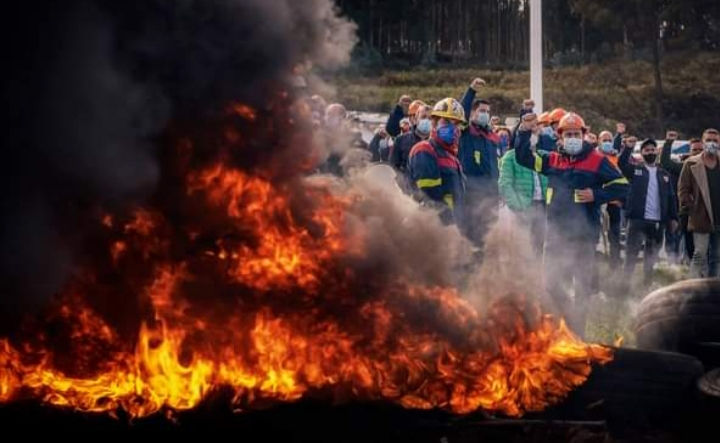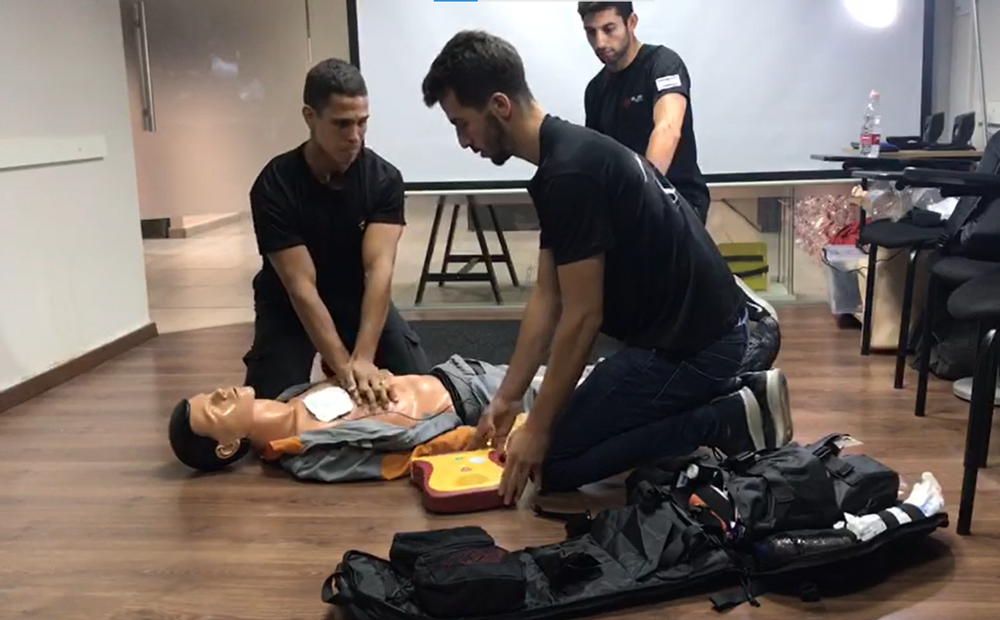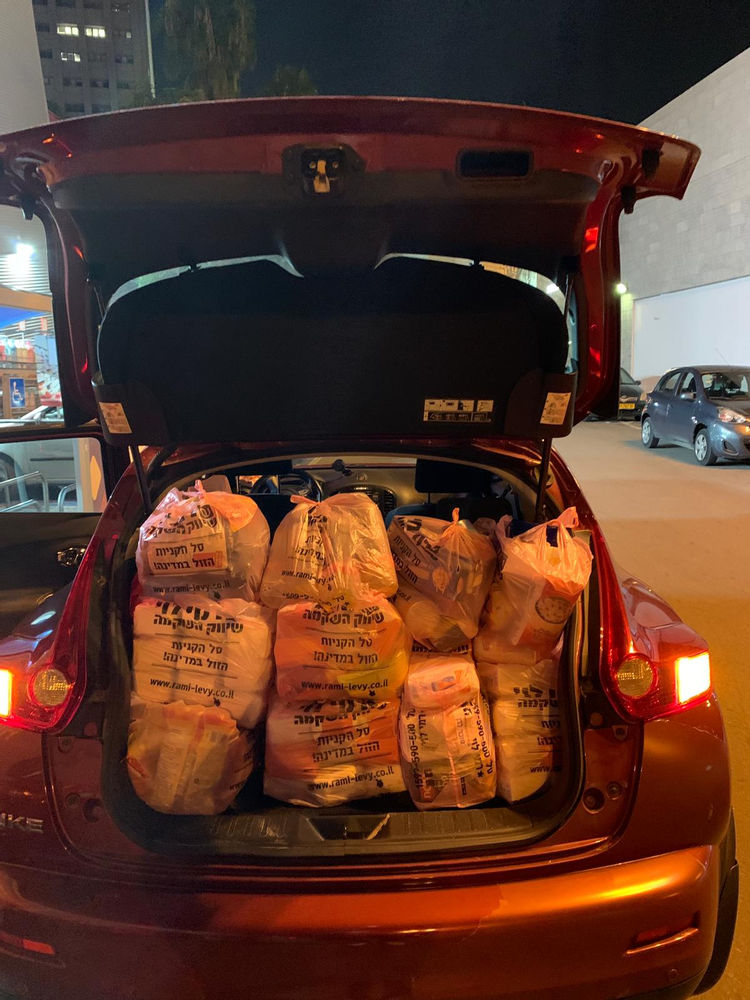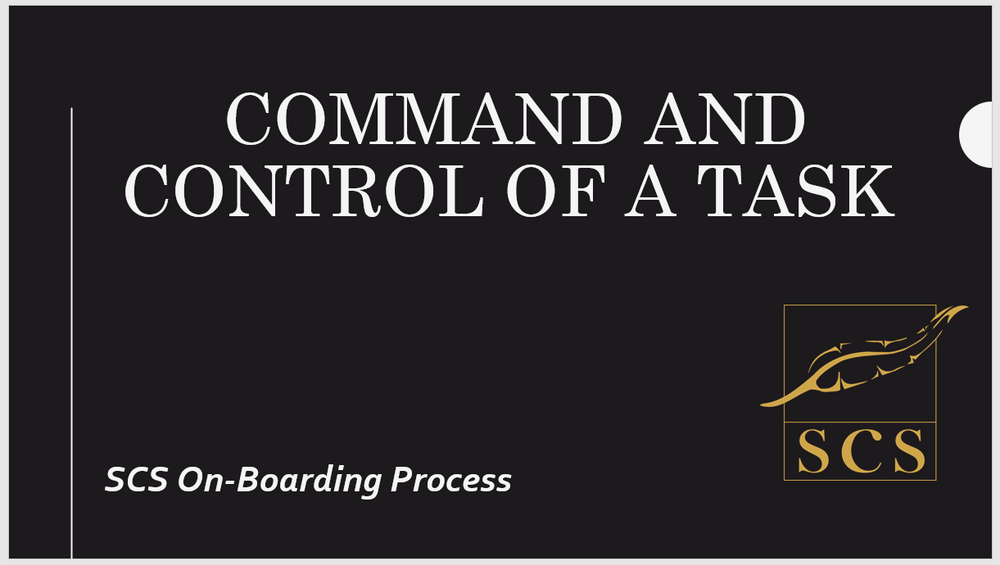
It is very easy to give advice. We’re all good at it. The important question is whether we actually apply what we recommend to others. The same goes for efficiency during the pandemic.
It has been a year since we wrote our 10 Ways to Use Manpower and Time Effectively During the COVID-19 Crisis. Who would have thought that this crisis would affect the world in such a way and that a year later we would still be dealing with it?
When the skies closed a year ago, we started thinking about how to use the newly available free time and the staff to get positive things out of the situation. We wanted to explore all the possibilities of efficiency during the pandemic. Following this, we published an article with 10 things that can be done during these circumstances.
After we brainstormed about things and put them down on paper came the most important test, which of the tips will we really be able to implement? Now, a year later, we decided to write a follow-up article and share the results with you.
Conducting a Tabletop Inquiry

I’m happy to say it was actually easy to implement. After we all got used to using Zoom and similar applications, we could discuss it remotely even during the quarantine. Every big operation has things to improve and preserve, and there was always more room for efficiency during the pandemic.
One of the tasks we analyzed was a crisis management mission in a European country, which lasted over a year, and into 2020. It was changing regularly according to the situation on the ground.
One of the lessons I learned from this operation is not to save on expenses when they are important.
Part of SCS’s DNA is to save unnecessary expenses for the client. Sometimes the desire to be frugal can also create a problem.
One day we had to rent a car and go pick up an executive from the airport very early in the morning. Because it was a Friday, it was possible to either rent the vehicle for the entire weekend or arrive an hour before the landing time at the rental branch, pick up the vehicle, and go for the short drive.
In order not to charge the client for these extra days, I decided to go for the second option. Eventually, the branch employee arrived a little late, the flight arrived a little earlier and we almost missed the principal. The increased focus on frugality had good intentions behind it, but this does not matter.
If we need to charge the client a few hundred dollars more to perform the task, that’s what we need to do (with prior approval, of course).
Run Physical and Virtual Penetration Tests
This was a bit challenging since running tests physically was a problem due to the quarantine and travel restrictions. We attempted to do it online, but it felt less effective than doing it in reality.
Refresh and Sharpen Your Medical Capabilities

At the beginning of the coronavirus crisis, it was possible to move around to perform critical training. In turn, we were able to essentially improve efficiency during the pandemic.
We took advantage of the situation and did first aid and emergency drills. In addition to our internal exercises, we used a special simulation room with an instructor and practiced scenarios that simulate real situations.
Volunteer

I think this is one of the points we made the best use of. Even before the corona situation, we volunteered once a week at a school for children with disabilities.
The corona reality just opened up so many opportunities to help the community, from collecting and distributing food to adults, to supporting children in women’s shelters, the team has stepped in to help with all their might.
Although volunteering is part of the DNA that I try to inculcate in the company, the full credit goes to the team who showed a genuine willingness to help. They are the ones who came in their spare time to volunteer.
I don’t know what 2021 will bring us, but I promised myself that we will continue to contribute and help as much as we can.
Organize Your Administration
So besides Zoom, Teams, Google Meet, and other applications, we found additional tools that could help us be more productive (especially in remote work). We still use some of those tools today, like Salesforce and Trello. Others we just couldn’t implement because the corona routine was so different from our regular routine that it just didn’t work out, and there was no way to improve our efficiency during the pandemic.
Organize Professional Training
Apart from first aid and some basic tactical training, it was not possible to conduct more extensive training. Most of the facilities were closed and so were the office buildings.
On the other hand, we were able to take advantage of the lack of people and train in places that are usually crowded. (See training at the Church of the Holy Sepulchre)
Follow What’s Happening Around the World — COVID-19 Related
Whether there is a corona crisis or not, we have a weekly staff meeting on Wednesdays. That’s when we discuss current missions, logistics, projects, and things that happened during the week.
At the beginning of each conversation, everyone gave a summary of the pertinent coronavirus issues in their area of responsibility. For example, it could be about movement restrictions, closure or opening of the airport, percentage of infected and sick, etc. It helped us get a general picture of what is going on in each of the countries we operate in.
This may not have been on a daily basis as we noted in the document, but this certainly happened. We wouldn’t have been able to achieve the same level of efficiency during the pandemic without these meetings.
Set Team-Building Exercises
This did not happen mainly because of the limitations of the coronavirus. However, the bonding of the team happened automatically during the joint volunteering we did throughout the period. We gave to the community, but also received new and stronger friendships.
Pull Out the Paperwork You Saved for Later

We had a lot of time to deal with paperwork. 2019 was a very busy year operationally and we found ourselves repeatedly putting off administrative work.
One of the significant projects we did was to upgrade the orientation and on-the-job training process for new employees. To this day, everyone who joins the operational team shadows a more veteran team member and learns the job with him/her.
It required a lot of work on the part of the veteran employees and this isn’t always necessary. Operational work can and should be learned through hands-on training and close to someone who is experienced. But learning how to prepare one document or another can also be learned in a presentation.
In 2020, we created a full orientation program for new employees, with presentations and explanations of every step of the work process. The employee begins with theoretical training and then moves onward.
Look Ahead

This is a tricky section. No matter how much we tried, we could not have imagined that this crisis would develop in this way. We did what we had to do to survive, retain most of our employees, all while trying to achieve some level of efficiency during the pandemic.
We tried to keep track of forecasts of what would happen in which country. I think in summary, the crisis took us by surprise much more than we were able to prepare for.
So these are the things we actually did during the long year since the coronavirus crisis started. It was important to me to be transparent and show what we were able to implement and what we were not able to.
I would love to hear from you what good things you were able to get out of the situation.
May we all get well and return back to the regular routine.

November 20, 2021 Author Safe Travel Services in Togo - SCS Solutions Ltd
[…] boss need to remain intact. Chances are, the HNW individuals or families you work for will want to enjoy business and leisure time while not constantly feeling the presence ― and pressure ― of their security […]
November 27, 2021 Author Security Consulting: The Service That Your Company Needs
[…] a threat assessment is an evaluation of events that can negatively affect an organization. Historical information is usually the main source for threat assessments. A proper threat […]